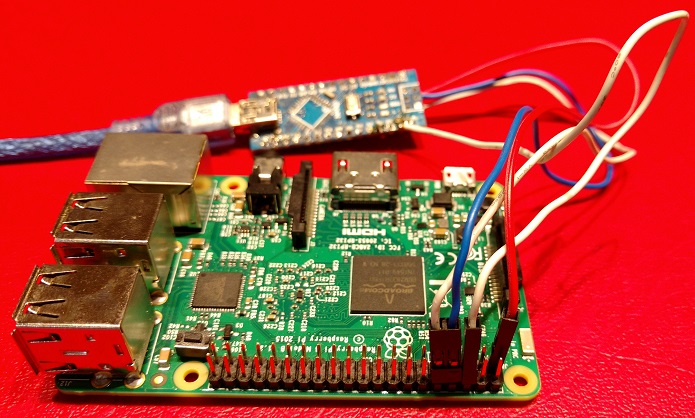

For RPi4 boards I use 64-bit builds (linked above). Most of the time I test only with RPi3 and RPi0-W boards. I have access to all of the RPi boards and have at one time or another tested these builds with all of them including the RPi CM and CM3 modules. I also have occasional ‘fixes’ to other components, sometimes for bugs, but often just because I don’t like the meta-raspberrypi defaults. I am using the official Yocto meta-raspberrypi layer, but have updated recipes for the Linux kernel and gpu firmware to keep them more current. This means Qt OpenGL and QML applications will work when using the eglfs platform plugin.
#U BOOT RASPBERRY PI DRIVERS#
If you are Qt5 developer then you will appreciate that the RPi comes with working OpenGL drivers for the RPi GPU. My systems use sysvinit, but Yocto supports systemd. I use the meta-rpi layer for experiments. I recommend you do the same if you require stability. When using this repository for customer projects, I first fork and move it to another repository, usually with a different name. There are a some example images in meta-rpi that support the programming languages and tools that I commonly use in my own projects.
#U BOOT RASPBERRY PI SOFTWARE#
It is only the userland software that differs and that is completely configurable by you. This means that no hardware functionality is lost with these Yocto built systems as compared to the “official” Raspbian distro. The systems built from this layer use the same GPU firmware, linux kernel and include the same dtb overlays as the official Raspbian systems. I have a custom meta-layer for the RPi boards called meta-rpi. Within each meta-layer are recipes, classes and configuration files that support the primary build tool, a python app called bitbake. Yocto uses meta-layers to define the configuration. If you are looking to build a general purpose development system with access to pre-built packages, I suggest you stick with a more user-friendly distribution like Raspbian. The systems are usually targeted for a particular application like a commercial product. Yocto is a set of tools for building a custom embedded Linux distribution. If you are interested in 64-bit systems for the RPi4 see this post. This post is about building 32-bit Linux systems for Raspberry Pi boards using software from the Yocto Project.


 0 kommentar(er)
0 kommentar(er)
